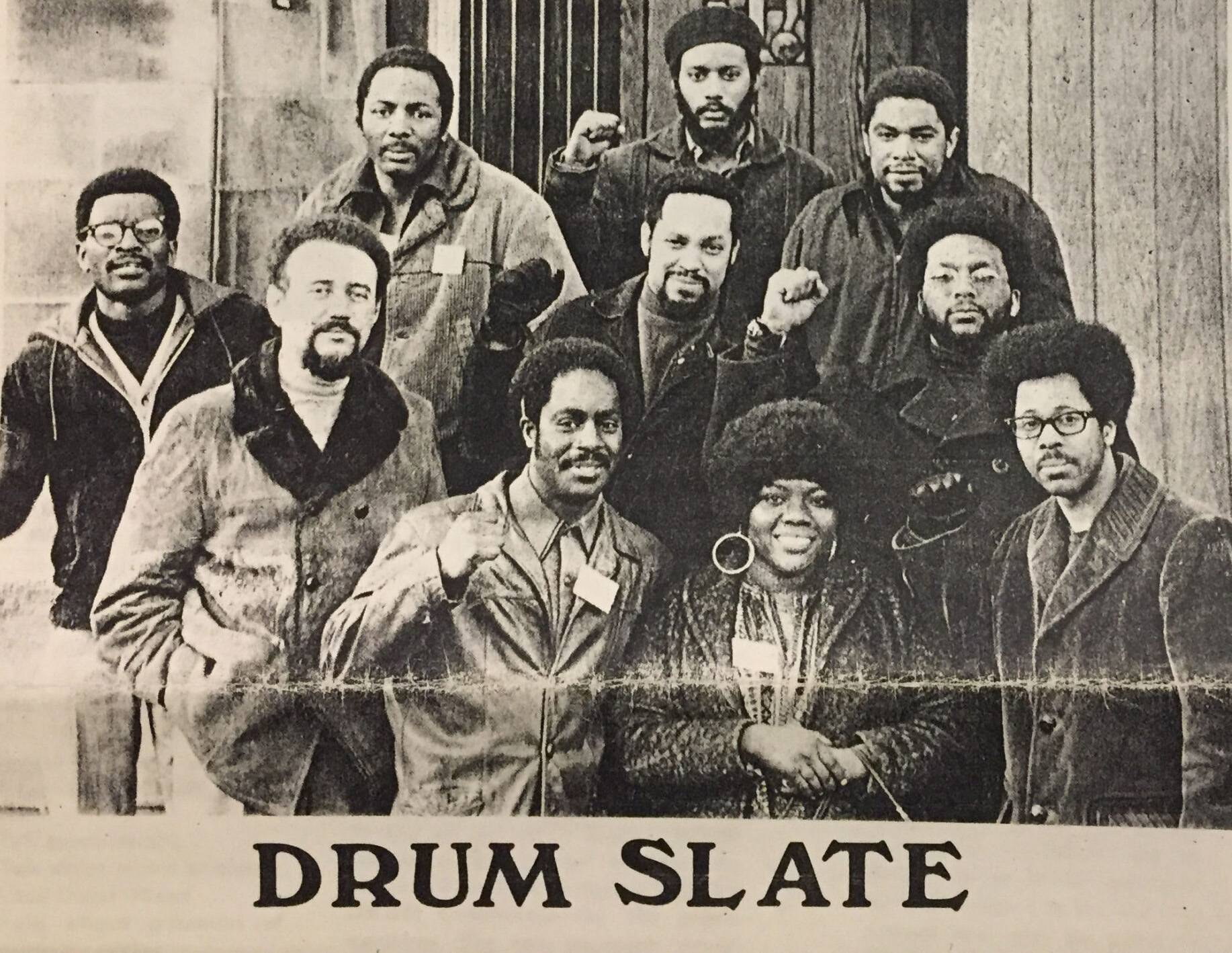Looking Back: Black Workers Organize ‘Revolutionary Union Movement’
May 19, 2025
 May 2, 1968 – Auto workers walked o the job at Chrysler’s Dodge manufacturing plant in Hamtramck, MI after the company implemented “speed-up” conditions that forced workers to increase output by nearly 40%. However, while white workers were prominently on the picket line, it was mainly Black men who were fi red for walking out, including General Gordon Baker.
May 2, 1968 – Auto workers walked o the job at Chrysler’s Dodge manufacturing plant in Hamtramck, MI after the company implemented “speed-up” conditions that forced workers to increase output by nearly 40%. However, while white workers were prominently on the picket line, it was mainly Black men who were fi red for walking out, including General Gordon Baker.
Prior to 1960, white men had dominated the city’s auto industry, but increased demand led Chrysler to hire large groups of Black workers to fill the dangerous assembly lines. By 1968, a majority of the workforce of the Hamtramck plant was Black (70%), but most of the managers and union representatives were white - further underscoring the racism of the time.
Fed up with the company’s racist policies, including segregated lunchrooms, the union’s inaction to help fired Black workers, and lack of Black representation, Baker organized the Dodge Revolutionary Union Movement (DRUM) with two former classmates Luke Tripp and John Watson, from Wayne State University, to demand improvements for Black workers in the workplace and in their unions.
The founders of DRUM were no strangers to activism - they grew up in the Deep South and were familiar with the strategies of rural, southern militant organizing. In college, they formed a student-led civil rights group and protested police violence.
After Baker’s dismissal, he wrote a letter to the company declaring battle. DRUM held rallies for workers, students, and community members about racial justice and called for a series of wildcat strikes, which DRUM saw as a tool to address the grievances of Black workers. Only a year since the 1967 riots in Detroit, Black workers were frustrated by the limits on economic opportunities and their power within their unions.
On July 8, DRUM led nearly 4,000 Black workers o the job for a two-day strike at the same Hamtramck plant, preventing the production of 3,000 cars. None of the workers were fi red, and DRUM was thrown into the spotlight. They also ran an opposition slate during subsequent union elections.
By 1969, the “Revolutionary Union Movement” wildcat strikes spread to other auto plants in Greater Detroit, forming the Ford Revolutionary Union Movement and the Eldon Avenue Revolutionary Union Movement at the Chrysler Eldon Avenue plant, as well as outliers like UPS and healthcare workers.
The wildcat strikes from 1968-1969 had tremendous influence on Detroit’s industries and its unions, forcing the “Big 3” to make improvements to working conditions, addressing racial justice, improving seniority and grievance procedures, and helping Black workers gain more representation in local union positions. ■
Observing Juneteenth for Dignity and Equality
June 19, 1865 - commemorates the emancipation of millions of Black slaves. The holiday honors the day when Union federal troops entered Galveston, TX, more than two years after the Emancipation Proclamation of 1863, to announce and enforce the freedom of enslaved peoples in the Confederate state.
Signed into law in 2021, the Juneteenth holiday acknowledges the systemic oppression of Black Americans throughout our country’s history, while representing progress towards dignity and equality for all people.
This year, we encourage APWU locals and members to participate in activities that highlight the significance of this day. ■



